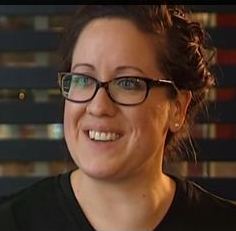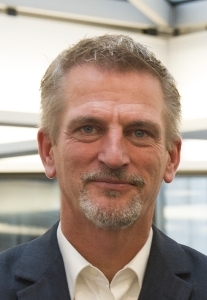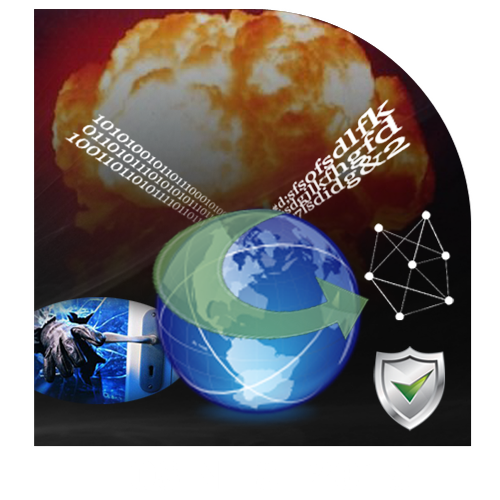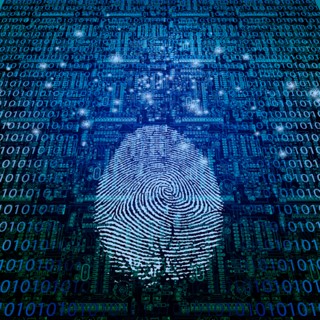IS, Social Media, and Crowdsourced Jihad
- Dr. Maura Conway Institute for International Conflict Resolution and Reconstruction - IICRR, Dublin City University, Ireland
Abstract
The so-called ‘Islamic State’s’ (IS) ‘slick’ social media strategy continues to receive extensive media coverage, but what precisely are its contours and workings and what explains its alleged effectiveness? In her keynote, Conway will argue that online ‘crowdsourcing’—the outsourcing of some task or tasks to a large group of very loosely connected individuals (i.e. a ‘crowd’)—is an important component of IS’ ‘real world’ activity. She will detail the types of content produced by IS’s media production outlets, their preferred online distribution platforms, and the role of fan communities and intra-group networking in, in particular, the ‘foreign fighter’ phenomenon and lone actor terrorism. Conway will emphasise, with illustrations from her research, that rather than a purely top-down or purely grass-roots endeavour, IS’ social media strategy is based upon the complex interplay of leaders and followers, members and supporters, hierarchy and flatness, professionalism and amateurism, proximity and distance, secrecy and openness, and carrot and stick.
Short Bio
 Dr. Maura Conway is Senior Lecturer in/Associate Professor of International Security in the School of Law and Government at Dublin City University (DCU) in Dublin, Ireland and Principal Investigator on VOX-Pol, a major EU-funded project on violent online political extremism (voxpol.eu). Dr. Conway’s principal research interests are in the area of terrorism and the Internet, including academic and media discourses on cyberterrorism, the functioning and effectiveness of violent political extremist online content, and violent online radicalisation. She is the (co-)author of over 40 articles and chapters in her specialist area(s). Her research has appeared in, amongst others, Communications of the ACM, Media, War & Conflict, Parliamentary Affairs, and Social Science Computer Review. She has presented her findings before the United Nations in New York, the Commission of the European Union in Brussels, the Royal United Services Institute (RUSI) in London, and elsewhere.
Dr. Maura Conway is Senior Lecturer in/Associate Professor of International Security in the School of Law and Government at Dublin City University (DCU) in Dublin, Ireland and Principal Investigator on VOX-Pol, a major EU-funded project on violent online political extremism (voxpol.eu). Dr. Conway’s principal research interests are in the area of terrorism and the Internet, including academic and media discourses on cyberterrorism, the functioning and effectiveness of violent political extremist online content, and violent online radicalisation. She is the (co-)author of over 40 articles and chapters in her specialist area(s). Her research has appeared in, amongst others, Communications of the ACM, Media, War & Conflict, Parliamentary Affairs, and Social Science Computer Review. She has presented her findings before the United Nations in New York, the Commission of the European Union in Brussels, the Royal United Services Institute (RUSI) in London, and elsewhere.
Data Science in Forensic Intelligence
- Dr. Cor Veenman Digital Technology and Biometrics Department, Netherlands Forensic Institute, The Netherlands
Abstract
Forensic Intelligence deals with obtaining information to support the prevention and solution of crimes and other offences. At the Netherlands Forensic Institute, we do diverse data intensive researches for the police, enforcement agencies and inspectorates to yield information about people involved, their roles, their activities and relations. In this talk I will give an overview of this work and the resulting scientific research. Examples range from telecom data analysis, ANPR analysis, analysis of police reports, and hard disk content analysis to analyzing cold cases to find the missing link.
Short Bio
 Dr. Cor J. Veenman is senior forensic scientist at the Netherlands Forensic Institute (NFI) in the Knowledge and Expertise Center for Intelligent Data Analysis (Kecida). He received the M.Sc. degree in computer science from the Free University in Amsterdam and his PhD from the Delft University of Technology in Delft. From 2005 he was assistant professor in computational forensic science at the University of Amsterdam (UvA). He set up data mining and biometrics research and education within the collaboration between the UvA the NFI. Since 2009, Veenman is in the NFI/Kecida group where he concentrates on data mining projects for the public safety and security sector and coordinates the scientific research.
Dr. Cor J. Veenman is senior forensic scientist at the Netherlands Forensic Institute (NFI) in the Knowledge and Expertise Center for Intelligent Data Analysis (Kecida). He received the M.Sc. degree in computer science from the Free University in Amsterdam and his PhD from the Delft University of Technology in Delft. From 2005 he was assistant professor in computational forensic science at the University of Amsterdam (UvA). He set up data mining and biometrics research and education within the collaboration between the UvA the NFI. Since 2009, Veenman is in the NFI/Kecida group where he concentrates on data mining projects for the public safety and security sector and coordinates the scientific research.
Veenman published data mining, pattern recognition and computer vision research in leading conferences and journals, among others: IEEE Transactions on Pattern Analysis and Machine Intelligence, IEEE Transactions on Image Processing, Pattern Recognition, Artificial Intelligence, and the Journal of Forensic Science.
Further he is board member of the Dutch section of the IAPR and advisory committee member of the IAPR Technical Committee (TC-6) on Computational Forensics. Besides being program committee member of various conferences and workshops, he was general co-chair of the International Workshop on Computational Forensics (IWCF) 2009 and program chair of the IEEE Joint Intelligence and Security Informatics Conference 2014.





